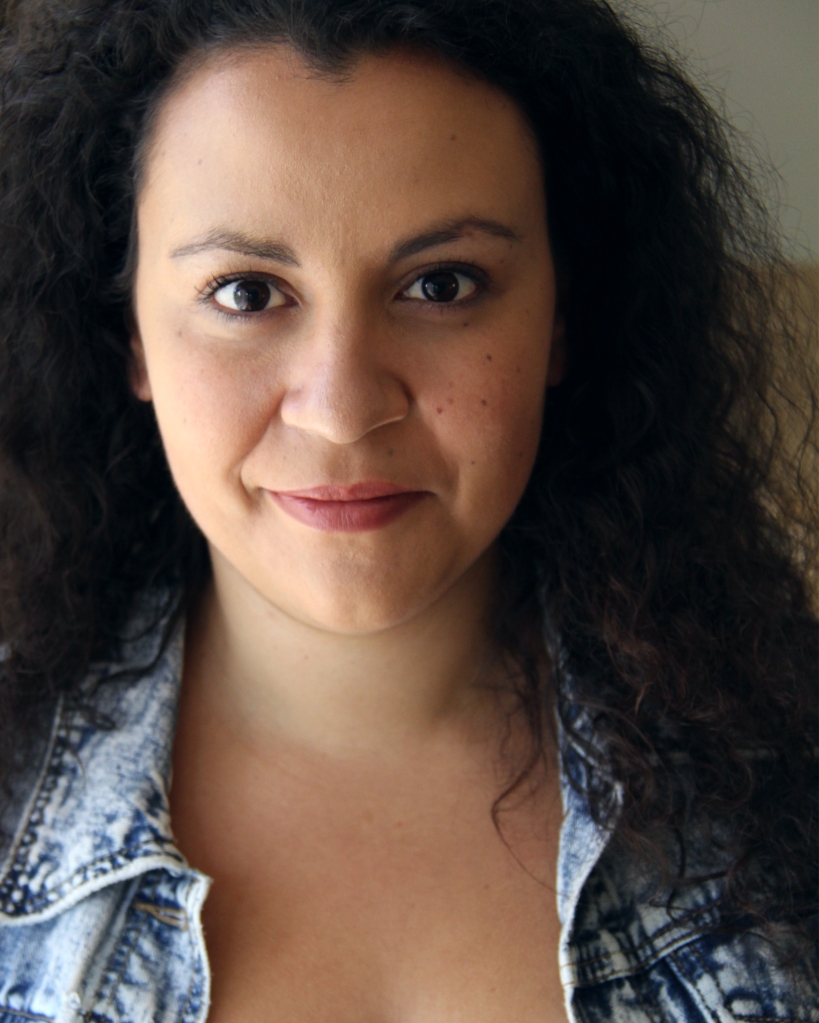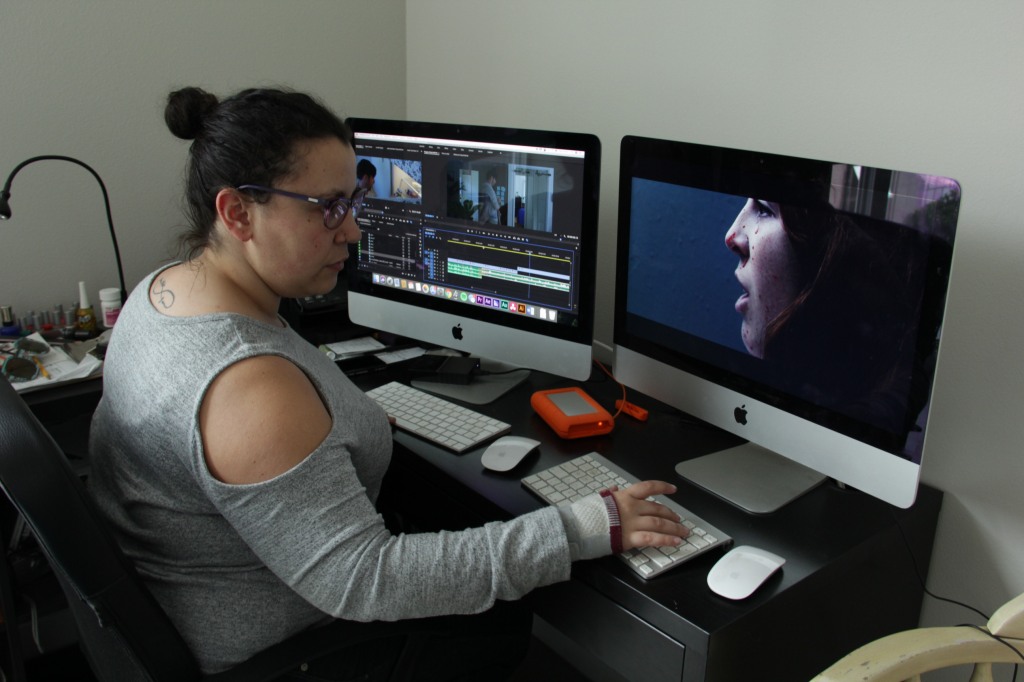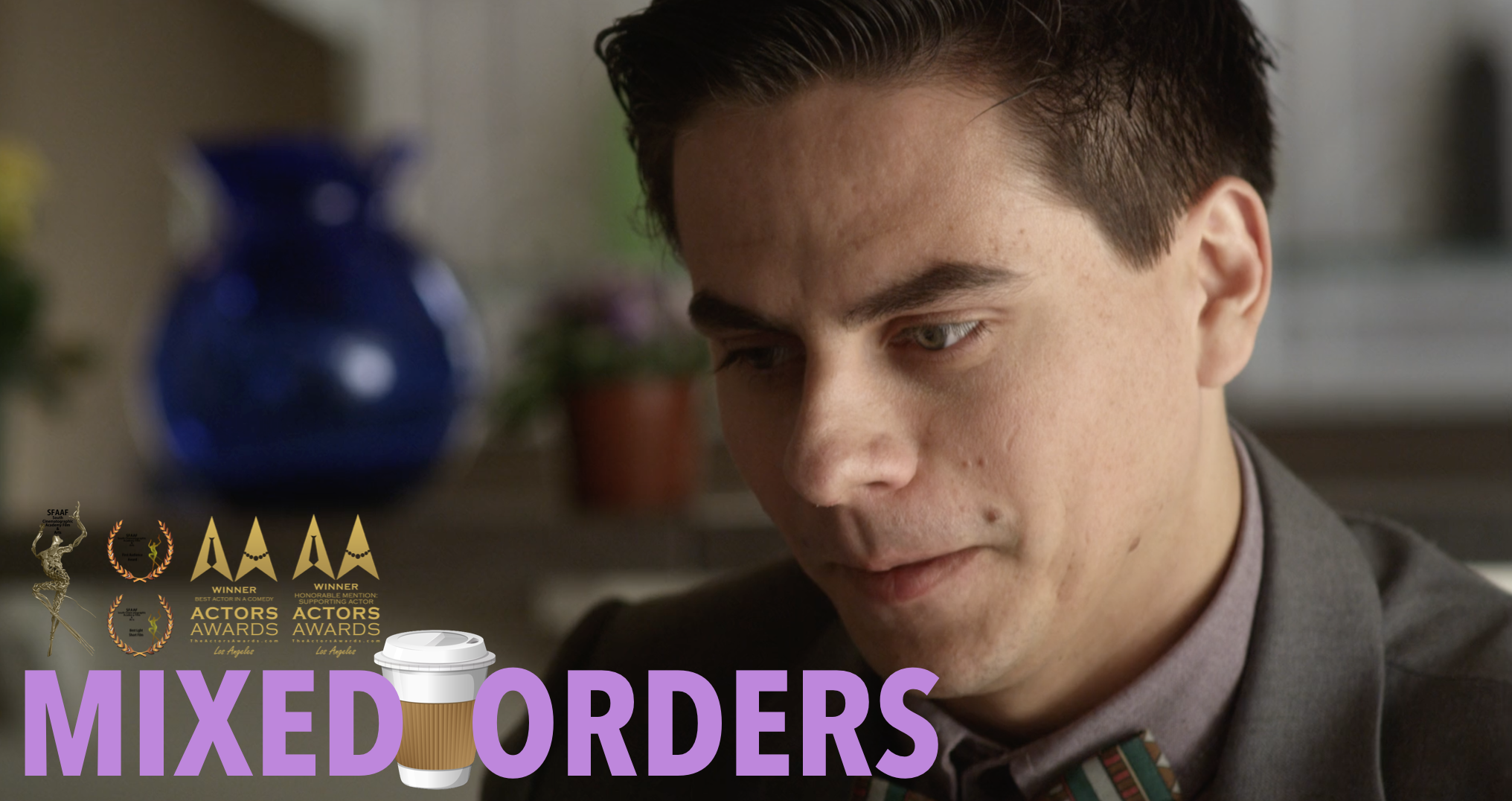A well-crafted piece of cinema appears effortless. It flows perfectly, scene to scene, with everything in its right place. It’s the closest thing to magic that many of us have experienced. But for professionals like Omar Ragab, each shot is a moment of study. The lighting, the composition, the thoughtful positioning of each camera—none of it happens by accident, and all of it happens through the eye of the film’s cinematographer, a role that Ragab is thriving in.
Also known as the director of photography, a cinematographer is responsible for how the film is photographed. It’s a position that marries the pragmatic mind with the creative, as the DP strategically organizes his crew while carefully crafting each shot. Ultimately, they are who the director depends upon to capture and convey the visual essence of their vision.
In order to achieve cinema of the highest quality, it’s imperative that a cinematographer knows the ins-and-outs of each of his three departments: camera, lighting and grip. Often cinematographers come from backgrounds as a camera operator, camera assistant or lighting technician. In the case of Ragab, he has journeyed through all three departments, receiving invaluable insights along the way.
The weight of each crew member’s responsibilities within a production was made clear to Ragab in his early days as a camera production assistant, where he worked more behind the wheel than behind the camera. Driving trucks across studio lots, loading and unloading gear, setting up tripods… Not exactly a glamorous day’s work.
But Ragab soon realized how crucial these seemingly menial tasks were to the full scope of production. Without these key contributions, the camera assistants couldn’t prepare properly, the camera operators wouldn’t get their shots, and the director of photography would have no way of executing the director’s vision. The entire production pyramid would crumble. Fast.
Ragab carried this awareness into each new post as he rose through the production ranks, honing both his technical and creative prowess. Experience is said to be the greatest teacher, and Ragab considers himself fortunate to have built his career from the ground up.
“I can tell you firsthand that it takes a village to achieve anything!” Ragab says with a laugh. “My work from PA, to loader, to camera assistant and camera operator has taught me about the roles of each individual, and the importance of cohesion, collaboration and concise leadership.”
When working with elements as subtle as light, it takes a deft understanding of both equipment and atmosphere to capture the perfect shot, something only attainable after years of experience. Ragab’s time behind the lens has given him a powerful working knowledge of the camera’s idiosyncrasies, and a thorough understanding of how to best operate it.
While filming the music video for Grammy-nominated artist Sebastian Yatra’s “Mañana No Hay Clase,” Ragab was a man in his element, navigating a tricky night-time shoot with cool proficiency. The mischievous summertime vibe resounded with Yatra’s fans across the globe, garnering over 24 million views on YouTube to date.
“Mañana No Hay Clase” collaborator Rafael Leyva was delighted to share the project with Ragab, lauding the cinematographer’s photographic expertise.
“Omar commands a great amount of technical knowledge which was needed as we were working with two different camera formats and shooting at night. A strong understanding of lighting was paramount,” says Leyva. “Any production would be lucky to have someone of his caliber working with them.”
But for a cinematographer to get the best out of their crew, they have to bring more than just technical knowledge and creative ability to the table. They have to be top-notch leaders, organizers and communicators as well. In an extremely fast-paced industry with people from all walks of life, tensions can quickly run high when things slip behind schedule.
An attitude of positivity and appreciation keeps things moving forward, and that is precisely what Ragab brings to his projects. His dedication to the craft and assurance on set evokes genuine respect from his crew members, a respect they know is reciprocated in full. It’s a family-oriented approach that allows Ragab to curate an environment of creativity, warmth and sharing. The humble cinematographer had this to add:
“My work is just as good as my crew. They are my backbone, and I know how crucial each of their roles are to the success of the production as a whole because I’ve been in each of those roles myself.”
Recently, Ragab was enlisted to film Netflix’s new reality series “The Hype House,” a firsthand look into the lives of high-profile teenage content creators living under one roof in Los Angeles. Production was a challenge, with nearly 20 cast members operating individually with separate schedules. It was a huge effort to coordinate shooting in an efficient and dynamic manner, but Ragab took on the challenge with aplomb.
The praise of one’s peers is praise of the highest order. Ryan Purugganan, camera operator for “The Hype House,” was hugely impressed with Ragab’s contributions to the project, stating that his energy and ability were instrumental to the creation of the series.
“His role required an individual who could rise to any challenge and overcome creative obstacles efficiently,” Purugganan shares. “Omar always does his best to ensure there is a positive work environment and is patient and caring to those who need guidance.”
The people behind the camera are equally important to a film’s success as the performers in front of it. Having succeeded in every position around the camera, Ragab is uniquely qualified to lead his crew from a perspective that many DPs simply don’t have.
“I took every opportunity I could to gain experience while climbing the ranks, and eventually led each department,” tells the cinematographer. “I now know how to serve all departments working on a film set, because I know what it takes to achieve any given setup.”
This attitude of service is ultimately what defines Omar Ragab, and the value he brings to a film production extends far beyond what’s in the frame.















 As a film producer, Elena Bawiec works tirelessly each day to ensure a project comes together, and that is what she loves. Each time she steps onto a set, she is living her dream: sharing stories with a worldwide audience. She has always had a predisposition for this type of work, where it is a mixture of communication, organization, and managing people. Most importantly however, she knows that as a producer she has to understand the story, what works and doesn’t work dramatically, and what will resonate with audiences. It is this final piece of the puzzle that has allowed Bawiec to excel to the forefront of her field, as a natural born storyteller. She knows that no matter the project, film or stage or even a commercial, it comes down to people and the story that is being told.
As a film producer, Elena Bawiec works tirelessly each day to ensure a project comes together, and that is what she loves. Each time she steps onto a set, she is living her dream: sharing stories with a worldwide audience. She has always had a predisposition for this type of work, where it is a mixture of communication, organization, and managing people. Most importantly however, she knows that as a producer she has to understand the story, what works and doesn’t work dramatically, and what will resonate with audiences. It is this final piece of the puzzle that has allowed Bawiec to excel to the forefront of her field, as a natural born storyteller. She knows that no matter the project, film or stage or even a commercial, it comes down to people and the story that is being told.
